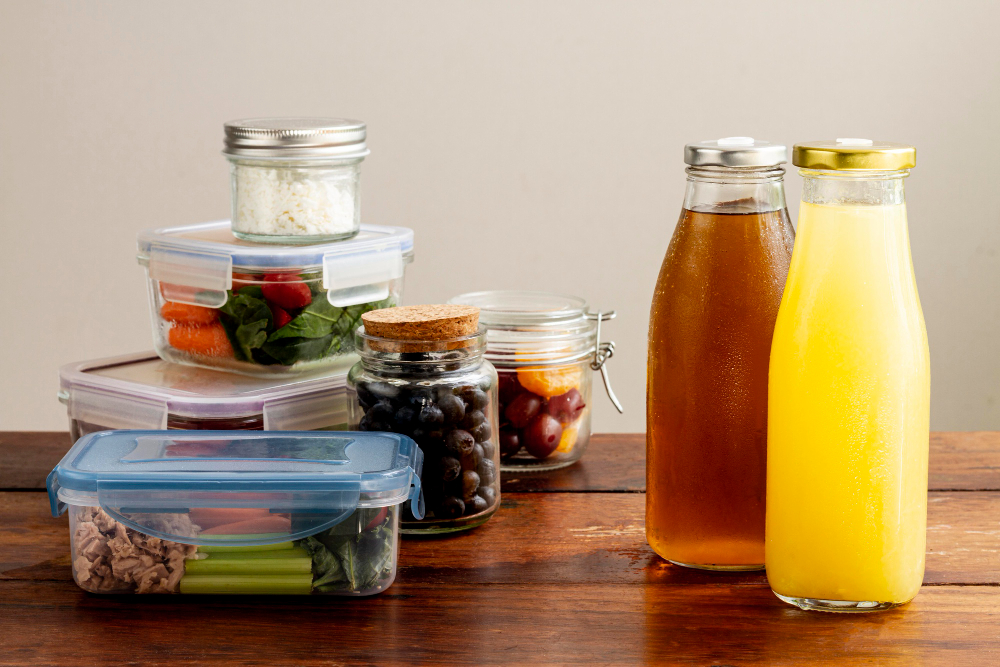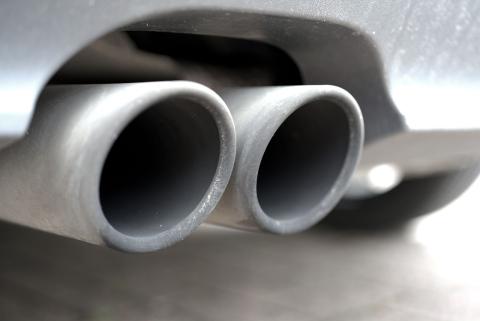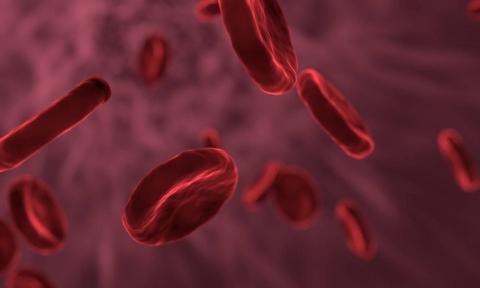More than 3,000 chemicals in contact with food are identified in human samples
An international team of researchers has analyzed various data sources and scientific literature and identified 3,601 chemical substances in human samples such as blood, urine or breast milk that are known to be in contact with food, for example, because they are used in packaging. According to the authors of the study, “this work shows that food contact materials are not completely safe, even if they comply with regulations, because they transfer known substances to food". The research is published in the Journal of Exposure Science and Environmental Epidemiology.

Porta - Alimentos
Miquel Porta
Researcher at the Hospital del Mar Medical Research Institute (IMIM), professor of public health at the Autonomous University of Barcelona and author of the book Vive más y mejor
A team of leading scientific researchers, such as Birgit Geueke and Martin Scheringer, systematizes knowledge that is unavoidable for the public, for a very broad spectrum of researchers (human physiology and medicine, materials, chemistry, public health) and for the institutions in charge of reducing our internal contamination, one of the main sources of which is food packaging. We have long reasoned the reasons for our concern about this widespread chemical contamination, which clearly contributes to immunological, metabolic, neoplastic, endocrine, cardiovascular or neurological diseases.
Although more knowledge is always lacking, we have enough to mitigate the migration and transfer of multiple toxic substances from packaging to food and into our bodies. Such mitigation is hardly within the reach of each individual: it requires corporate policies and politics.
Citizens must be more supportive of the most diligent companies and administrations and those that promote good etiological and mechanistic research. Also, biomonitoring studies linked to health surveys in the general population, which, unfortunately, in Spain are only being carried out in Barcelona, although there are good studies in non-representative samples, which also offer worrying results.
I recommend consulting the databases constructed by the study's author team.
Motas - Alimentos (EN)
Miguel Motas
Professor of Toxicology in the Department of Social and Health Sciences at the University of Murcia
It seems to me a good and ambitious review study, which provides a very interesting and complete tool for risk assessment of chemicals in food packaging.
I consider it to be well designed, with a contingency plan for possible deficiencies in data collection, using different sources to achieve the desired objective. It has a very interesting iconography that helps to understand a large volume of results.
It confirms the presence of hazardous substances in food packaging included in human biomonitoring programs, but warns of other substances not included in such programs that are widely used in such packaging and whose toxicological implication is not well known (antioxidants, oligomers).
This tool can be used by other scientists for the design of studies to respond to gaps in the studies of certain compounds and their toxicity.
It can also be used for new regulations, as well as for the development of safer alternatives to protect the consumer.
[Regarding possible limitations] The sources used are heterogeneous and with different levels of confidence, which should be taken into account before being used in future evaluations.
Geueke et al.
- Research article
- Peer reviewed
- People



